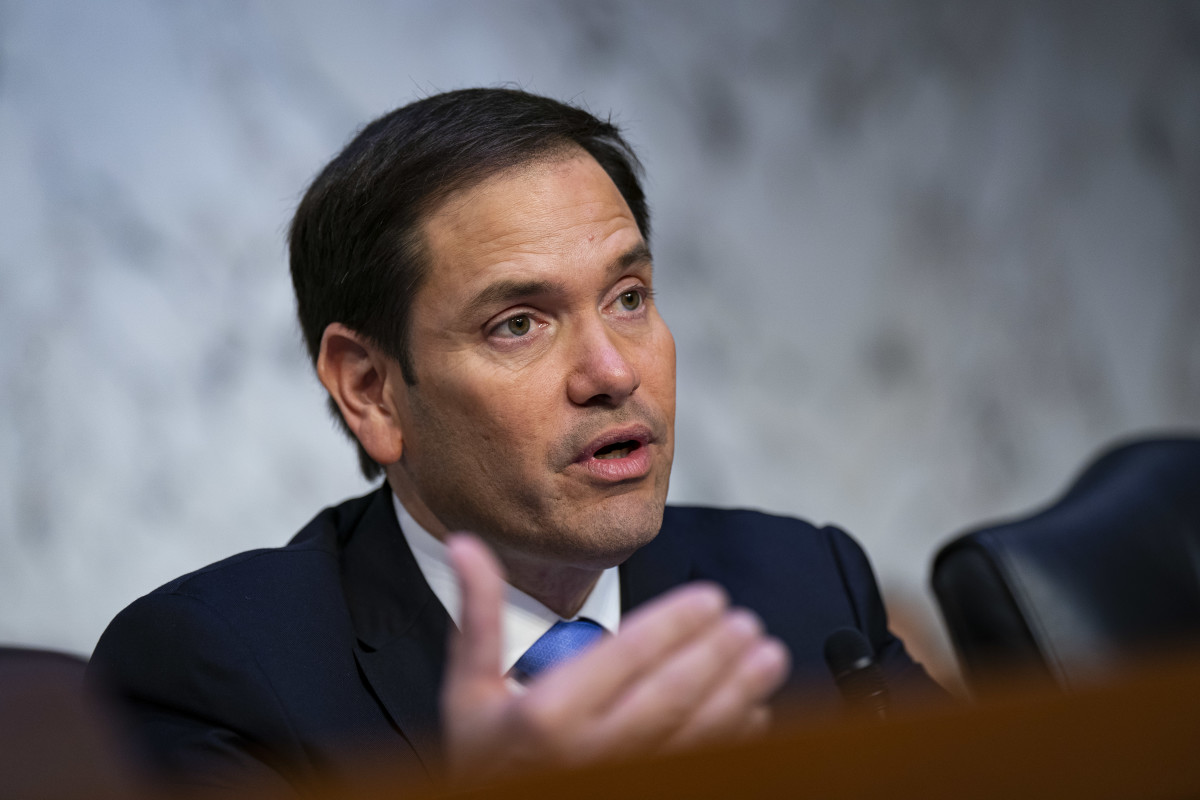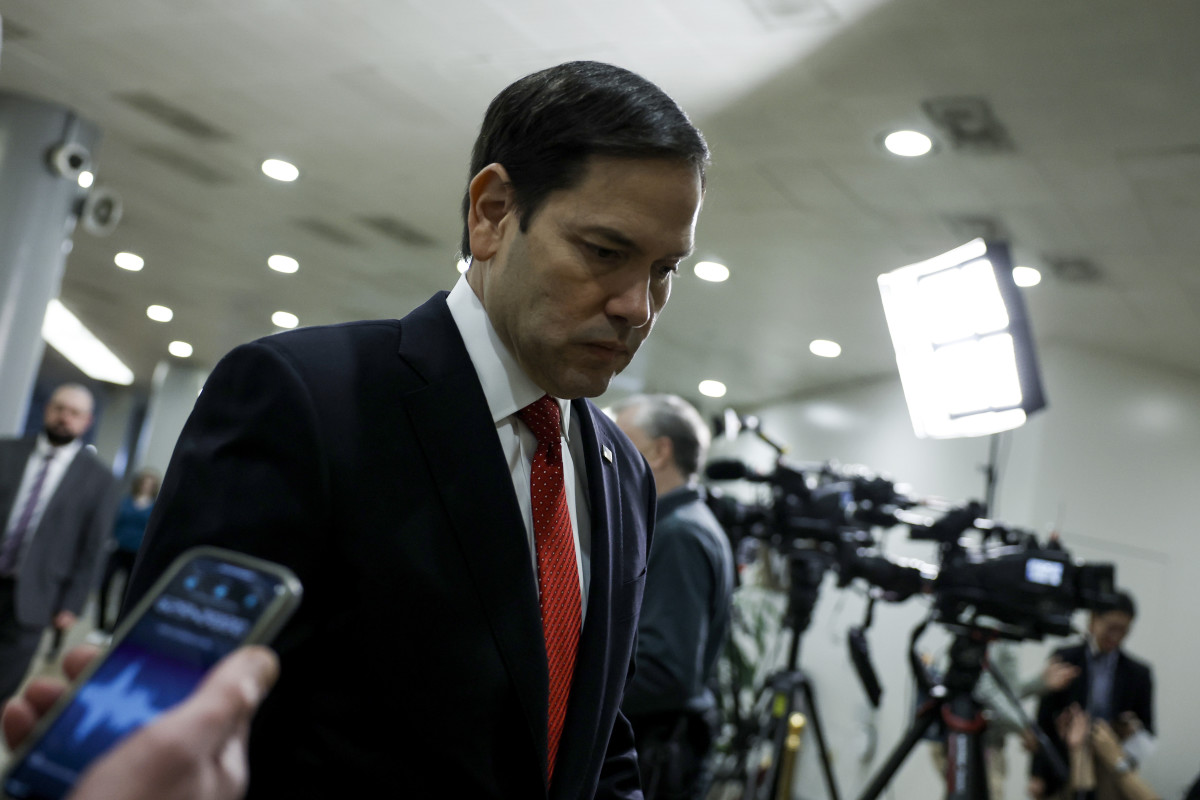
In yet another turn of events regarding U.S. government officials and Chinese automakers, another key Republican senator is proposing stiff tariffs that would prevent Chinese automakers from entering the stateside auto market.
Related: Dodge's controversial new muscle car is breaking the EV mold

Senator Marco Rubio (R-Fla.) proposed a new set of legislation on March 5, designed to stop the country "from flooding U.S. auto markets," and protect American automakers and auto workers.
The highlight of the trio of bills is named the Strengthening Tariffs on Chinese Autos Act, which would sharply boost tariffs on Chinese vehicle imports by $20,000.
Rubio, the top Republican on the Senate intelligence committee says that the $20,000 flat tariff would "address the disproportionate advantage of lower-end Chinese autos" and close loopholes that reduce the amount in tariffs paid and "safeguard American automakers and workers against the influx of artificially cheap vehicles from China."

Additionally, the senator's Closing Auto Tariffs Loopholes Act targets Chinese auto imports by treating cars "produced by a foreign adversary and its controlled entities as if they originated in the territory of the foreign adversary," while the American Subsidies for American Autos Act would limit subsidies for electric vehicles to those that meet the stringent United States-Mexico-Canada Agreement’s (USMCA) rules-of-origin and labor value content rules.
As the election season comes into full swing, Chinese auto imports have become a hot topic in Washington, with everyone from President Joe Biden to key senators like Senator Josh Hawley (R-MO) adding some sort of input on preventing its market saturation.
“America’s existing tariffs, once effective, are now insufficient to counter China’s newest strategies. But raising tariffs alone is not enough," Senator Rubio said in a statement. "We need a multi-pronged effort to prevent the Chinese Communist Party from entering the American auto market before it is too late. My legislation would safeguard American automakers and workers against the influx of artificially cheap vehicles from China.”
More Business of EVs:
- A full list of EVs and hybrids that qualify for federal tax credits
- Here’s why EV experts are flaming Joe Biden’s car policy
- The EV industry is facing an unusual new problem
Though key members of both parties have voiced some sort of support for suppressing Chinese automakers ability to enter the U.S. market, industry experts believe they don't have the full picture.
Sam Fiorani, auto industry analyst and the vice president of Global Vehicle Forecasting at AutoForecast Solutions, believes that while both Hawley and Rubio's proposal has some sort of merit, they are going at it the wrong way.
In a statement to TheStreet, Fiorani expressed that the kind of protectionist measures that "kept German trucks out and limited the number of Toyotas and Hondas being shipped from Japan will not work" on Chinese automakers, noting that they'll eventually find their way here.
"Over the last five years, automakers have abandoned the entry-level. Since the laws of economics abhor a vacuum, that space will be filled by someone. Just as Volkswagen, Toyota, Datsun, and Honda filled earlier gaps, its likely that a company from China could take advantage of buyers looking for affordable transportation," Fiorani said.
"If history is any measure, those companies will eventually find competition from the legacy automakers and everyone will, again, move upmarket. Today, the traditional Detroit 3 brands make about 40% of the U.S. market, however light vehicles produced in North America still make up more than 77% of the models sold. Controls on imports, done properly, will keep American jobs and enhance the offerings to the American public. Threading that needle, however, takes more than just pulling the same old strings."
Additionally, Fiorani noted that targeting Chinese-owned brands would be an "interesting legislative angle" and a challenge to actually enforce.
"Is Volvo Chinese or Swedish [Volvo is currently owned by Geely]? Would MG’s English history allow it to skirt around its current ownership by SAIC? Is Buick Chinese since more are produced in China than in North America?"
Related: Veteran fund manager picks favorite stocks for 2024







